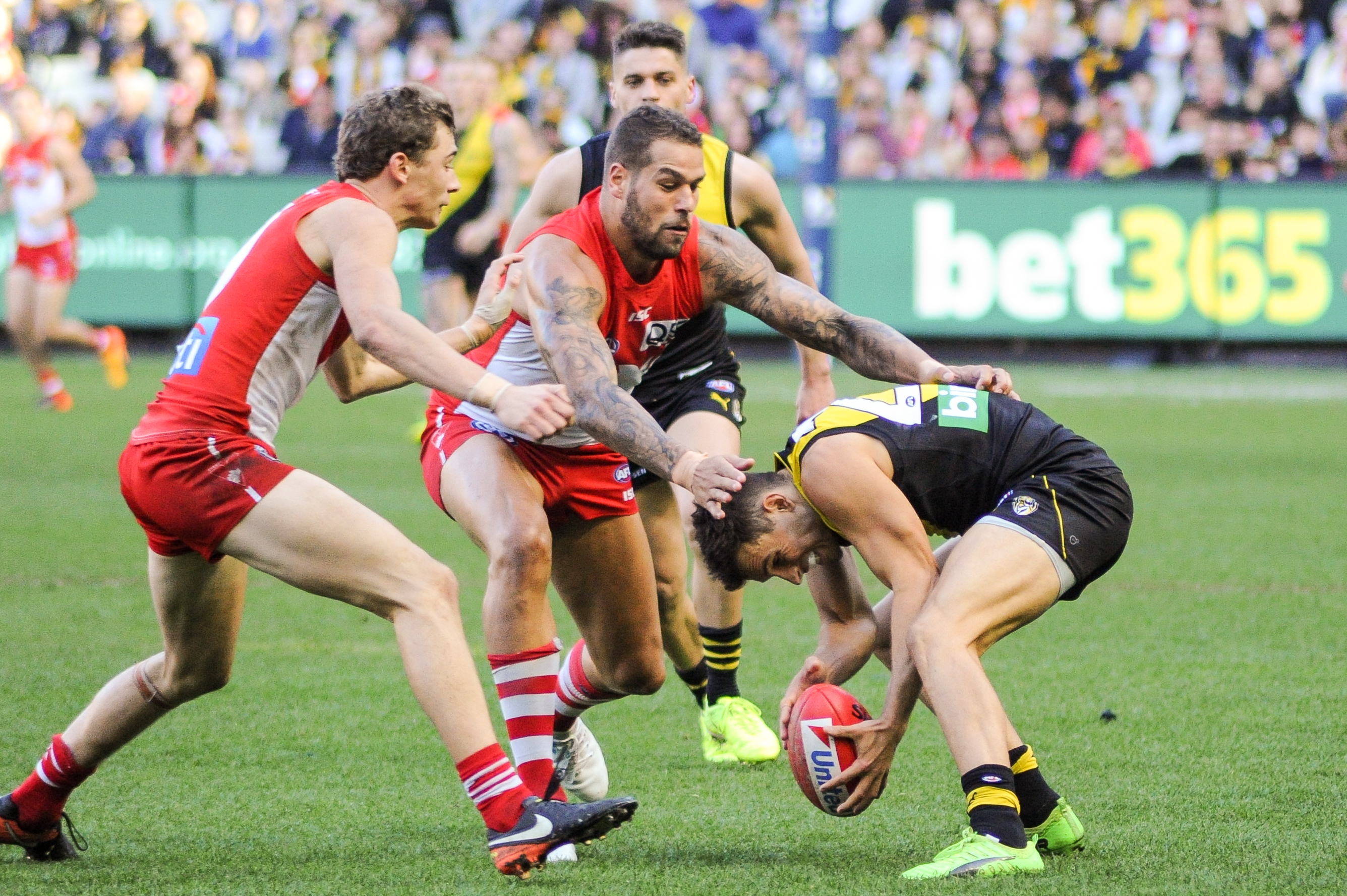Franklin, Buddy (1987-…), was a professional Australian Rules football player. Franklin began his career in the Australian Football League (AFL) in 2005 with the Hawthorn Football Club. He is considered one of the greatest AFL players of all time. He played the position of full forward. In Australian Rules football, the key or full forward is the team’s primary goal scorer. 
Lance Franklin, Jr., was born on Jan. 30, 1987, in Perth, Western Australia. His family gave him the nickname Buddy during childhood. Franklin is of Australian Aboriginal heritage. His Indigenous roots come from his mother, who is a member of the Whadjuk people. The clan is part of the Noongar peoples, an Aboriginal group from Western Australia. Franklin grew up on his family’s farm in Dowerin, a rural town in the Wheatbelt region of the state. The Wheatbelt extends from the edge of the Goldfields west to the Darling Range and the coast. When he was a teenager, Franklin and his family moved to Perth.
After attending Wesley College in Perth, Franklin was drafted in 2004 by Hawthorn Football Club of Victoria, also known as the Hawthorn Hawks. In 2008, Franklin kicked over 100 goals in a single season, becoming one of the few AFL players to ever achieve that feat. That year, he won the Coleman Medal, an AFL honor given to the player who kicks the most goals during the regular season. Also in 2008, the Hawks won their first AFL premiership title since 1991.
Franklin won the Coleman Medal again in 2011. In 2013, he helped lead the Hawks to another premiership victory in the AFL Grand Final. Later that year, he signed with the Sydney Swans. He began playing for the Swans in 2014, a season that led to another appearance in the Grand Final. He won two more Coleman Medals in 2014 and 2017. Despite numerous interruptions to his career from injury and illness, Franklin, in 2022, became the sixth AFL player in history to score 1,000 goals. He retired from the AFL in 2023.
Franklin is known for his support of Indigenous causes. In 2017, he wore the number 67 on his jersey to raise awareness for government recognition of Indigenous peoples as the First Australians. The number is a reference to the 1967 referendum that recognized the Aboriginal and Torres Strait Islander peoples as Australian citizens.
